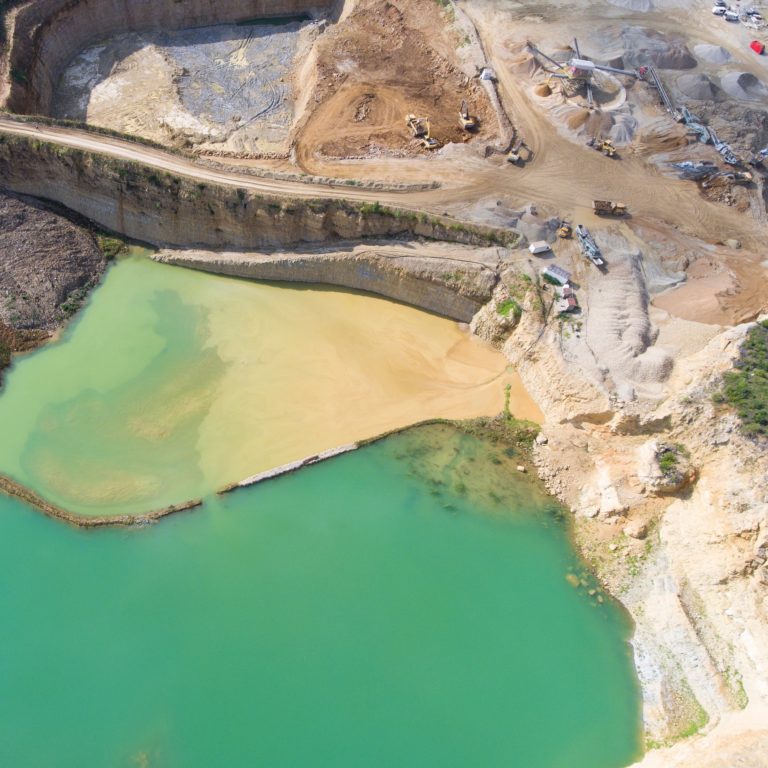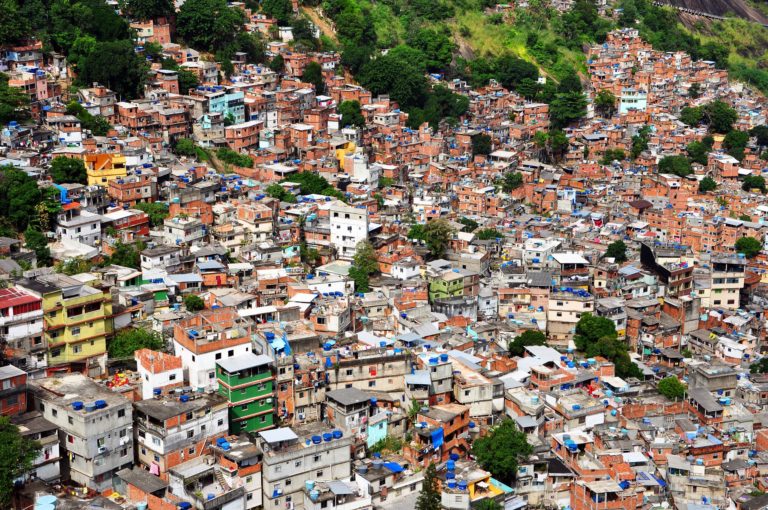
Category South America


The Governance Competition in the Americas: “Criminal Charity” During COVID-19 Will Have Decade-long Consequences
Latin America’s criminal groups have leveraged the coronavirus pandemic to win the goodwill and support of local populations by delivering humanitarian assistance and co-opting public service provision in communities underserved by state institutions. Such levels of “criminal charity” could complicate the future efforts of Latin America’s weakest states to dismantle and defeat organized crime groups, whose power has grown in recent years.
Three to Tango: Argentina, IMF, and Debt
An examination of Argentina’s current political economy reveals that many structural vulnerabilities persist to this day. Will the current IMF program work?
Crisis in Venezuela: the United States’ Duty to Respond
If you turn on the news today, you will most likely hear about the recent government shutdown, our military presence in the Middle East, or a number of other domestic and international issues. But what will most likely not be discussed, or at least at length, is the threat the Venezuelan crisis poses to the United States.
Too Many Remittances?
At a time where the international flow of remittances has received a great deal of criticisms by those on the political right, Jorge de Leon Miranda, a researcher at the International Monetary Fund, attempts to investigate the magnitude and effects of international remittances. In doing so, he discovered that remittances from the United States make up a great deal of the remittance inflow for at least fifteen countries and that the level of remittance inflow has an appreciable effect level of that country's development.
Venezuela: The Origins and Enduring Legacy of Chavismo – Part II
In this two-part series, author Vincent A. Dueñas explores the possibilities for the continued viability of the Chavista party after the end of Nicolas Maduro’s presidency. He asserts that rise of an opposition majority in the Venezuelan legislature in December 2015 resulted in the most concrete protest of President Maduro’s presidency and possibly a rejection of Hugo Chavez’s socialist state legacy.
Venezuela: The Origins and Enduring Legacy of Chavismo – Part I
In this two-part series, author Vincent A. Dueñas explores the possibilities for the continued viability of the Chavista party after the end of Nicolas Maduro’s presidency. He asserts that rise of an opposition majority in the Venezuelan legislature in December 2015 resulted in the most concrete protest of President Maduro’s presidency and possibly a rejection of Hugo Chavez’s socialist state legacy.
Empowering the 99%: Technology Upgrades by Small Businesses Can Boost Productivity and Growth in Latin America
Author Valentin Sierra demonstrates how ICT adoption by small and medium-sized enterprises (SMEs) can spur long-term gains in firm productivity, competitiveness, and facilitate economic development in Latin America.
Reaching a modus vivendi? Foreign Policy Responses toward Allende’s Chile in the United States and West Germany
Author Christoph Erber provides a retrospective analysis on the increased emancipation of Bonn’s foreign policy from Washington in the 1970s using West Germany's foreign policy toward Allende's Chile as a case study.
Human Rights Under Threat: Denationalization and Dominicans of Haitian ancestry
Authors Natalia Cote-Muñoz and Verónica Alma Rosario map out an overview of the causes of statelessness of Dominicans of Haitian descent in the Dominican Republic, noting that despite some progress, barriers for nationalization remain high.
